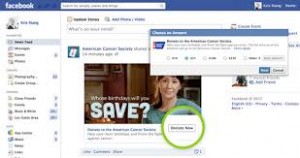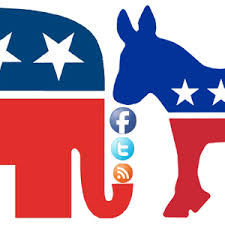New Facebook Relationship Tool Hopes to Make Break-Ups Easier On Everyone
In Social Media, Social Media News Brief, Social Networking, Web 2.0 | No comment
Since many Facebook users have complained about the way that they interact with their ex via the social media site, Facebook has decided to try out a new tool that will give users a lot more control of what they see of their ex. When a person changes their relationship status, they will be prompted to select how they want to limit interactions with their ex. The tool will enable Facebook users to limit how these exes show up in their News Feed and will stop the programs from suggesting these individuals to tag in photos.
In addition to altering the way that people can see their exes on Facebook, the tool also allows users to edit what their exes see of their posts. People will be able to avoid having their exes see certain posts that they make without blocking them from seeing all of their posts. They can also edit past posts to remove tags of exes either all at once or by editing each one individually so that they chose how much of the past relationship is still available on Facebook. All of the features are completely private and exes will not be notified of the decisions that the other person makes when using this tool.
For now, the feature is being launched in the US for mobile devices only. Facebook is hoping to gather feedback on how the tool works for individuals so that they can decide if this is a feature to make a more permanent part of the social media site. Facebook’s goal is to respond to some common problems that people had in the past when breaking up with people. Many users didn’t want to unfriend or block their exes on Facebook, but still wanted to have a way to limit what they saw of their ex and what their ex saw of them. The hope is that users will be able to use the tools to make it so that they are able to end relationships easily and have more control over what they see of their ex on Facebook.



